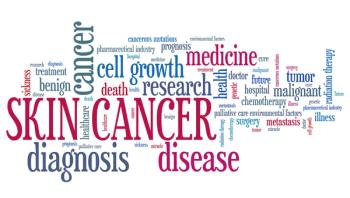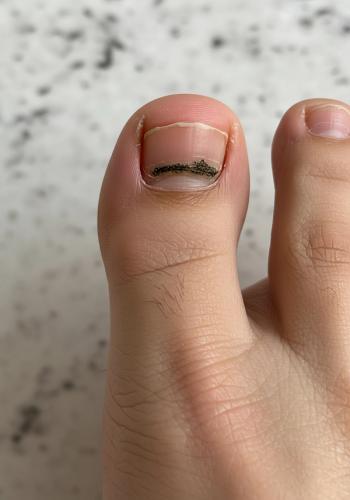
Sharp Rise in Sun Damage Reveals Dangerous Disconnect Between Belief and Behavior
Gen Z is most at risk for skin cancer due to a lack of knowledge about the sun and how to protect themselves.
Americans are getting burned at record rates despite nearly universal agreement that sun protection matters and widespread educational campaigns promoting the importance of sunscreen.
Sunburn rates have jumped 40% and tanning rates have increased 24% since 2020, according to a new survey from the American Academy of Dermatology (AAD). Those figures contradict the 96% of Americans who say sunscreen is important, a view one in four say was influenced by dermatologists. The disconnect between knowledge and action has created what dermatologists describe as a potential public health crisis.
“In 2024, 1 in 6 Americans felt it was worth looking great now even if it means looking worse later in life, with two-thirds of Americans preferring how their skin looks with a tan,” Susan C. Taylor, M.D., AAD president, said in a
The survey of more than 1,000 U.S. adults, conducted from Jan. 20, 2025, to Feb. 5, 2025, found younger Americans face the greatest risk. Nearly half of Gen Z adults, or those born from the late 1990s through the early 2010s, reported sunburn in 2024, with 10% suffering burns severe enough to cause blisters. Nearly 60% believe common tanning myths, including the dangerous misconception that a base tan protects against sunburn. Another 37% don't understand the risks associated with tanning.
“Unlike previous generations who have seen firsthand the effects of sun damage, younger adults may not fully grasp these dangers, especially with the influence of social media trends that promote tanning,” Veena Vanchinathan, M.D., a board-certified dermatologist, said in a separate
Despite enjoying being in the sun, 64% of Gen Z respondents often forget to apply sunscreen, while only 34% believe cancer prevention represents the most important reason to use it. One in five Gen Z respondents prioritize getting a tan over protecting their skin, while 25% say it's worth looking great now even if it means looking worse later.
Misinformation has also spread widely on social media, with some posts falsely claiming that sunscreen is unsafe or even causes cancer.
“There is absolutely no evidence that sunscreen causes skin cancer,” said The Skin Cancer Foundation’s president, Deborah S. Sarnoff, M.D., in a
Skin cancer affects approximately 1 in 5 Americans during their lifetime, making it the most common cancer in the United States. More than 9,500 people are diagnosed with skin cancer every day. According to the
Indoor tanning compounds the problem. Those who have ever tanned indoors face an 83% increased risk of developing squamous cell carcinoma and a 29% increased risk of basal cell carcinoma. First-time tanners before age 35 increase their melanoma risk by 75%, according to the Skin Cancer Foundation.
“Many people don’t realize that the steps they take now to protect themselves from the sun can make a huge difference down the road; do your future self a favor and take action today,” AAD’s Taylor said.
Newsletter
Get the latest industry news, event updates, and more from Managed healthcare Executive.

























